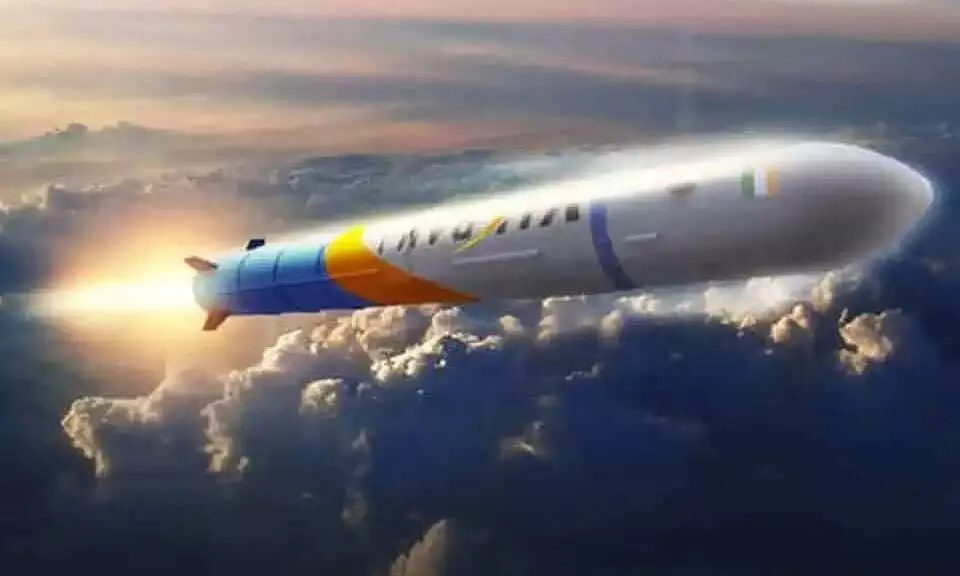Space Innovation using AI: ISRO organises ‘Immersion Challenge’ at IIIT-H
CIE-IIIT Hyderabad and ISRO with support from IN-SPACe organised this innovation event to seed interesting new ideas and solutions for space
By Newsmeter Network
Hyderabad: ISRO-NRSC and IIIT Hyderabad organised an ‘AI for Space Immersion' program for startup and research-student teams nationwide.
The day-long event brought together a dynamic community of startups, students, researchers, and industry experts to foster innovation and explore the transformative potential of Artificial Intelligence in the space sector.
The ISRO Immersion Challenge witnessed robust participation with 177 applications received. Of these, 74 teams were invited for the immersion. The final six ideas included Green Propulsion for satellite delivery, AI-powered precision Rocket Control, Autonomous Swarm for Space Debris Cleanup, Precision Agriculture through crop surveys for accurate agricultural insights, and Democratising Geospatial Data through a chat interface.
The final winners were Expanse Cosmos (a startup based in Delhi) and Team Trishul (a student team from Chandigarh).
CIE-IIIT Hyderabad and ISRO with support from IN-SPACe organised this innovation event to seed interesting new ideas and solutions for space. Through interactive ideation sessions, mentorship from ISRO scientists, interaction with IIIT-H faculty, pitch workshops and inspiring talks, the participants had the opportunity to validate their ideas and connect with potential mentors and investors.
The speakers at the inaugural and the finale included Anand Rajagopalan of TM2Space, Naga Bharath of Skyroot, Vinod Bothala (outstanding scientist) of ISRO, Vijaya Bhanu (director PD) of IN-SPACe, KV Ramana (dep director) of NRSC-ISRO, PJ Narayanan (director) of IIIT-H.
Prof CV Jawahar, dean at IIIT Hyderabad said, “CIE at IIIT-H is an initiative to nurture innovations and startups based on support from research. We are very happy that ISRO and IIIT-H enabled this convergence of scientists, faculty, research students, startups and space enthusiasts to collectively come up with very interesting deep tech-based solutions for space.”